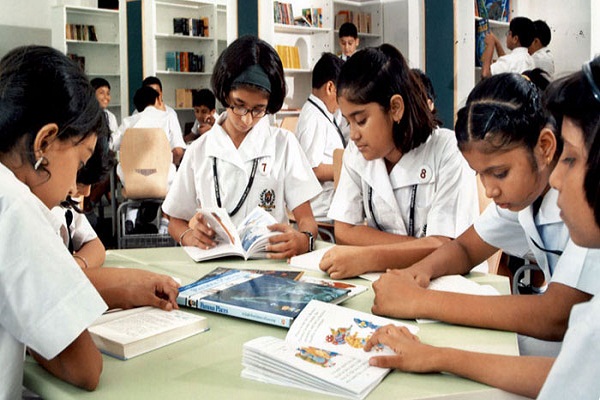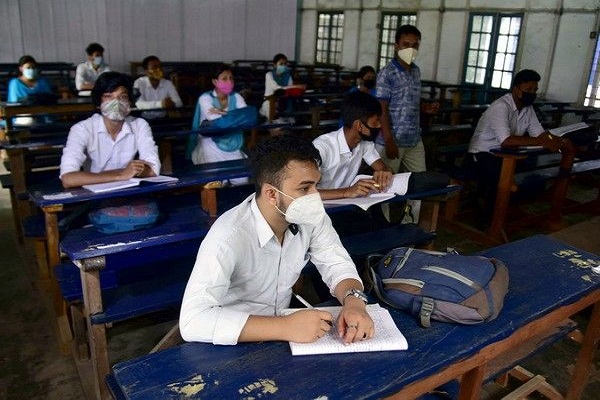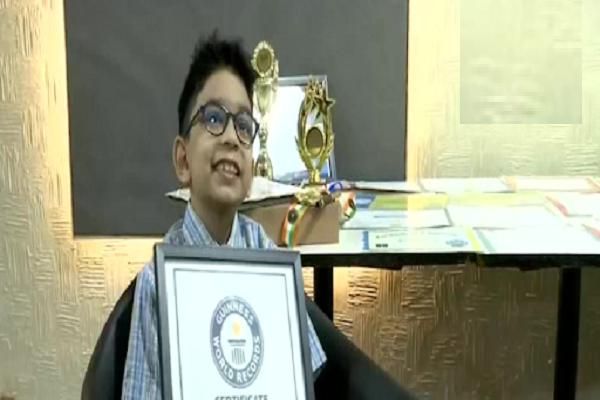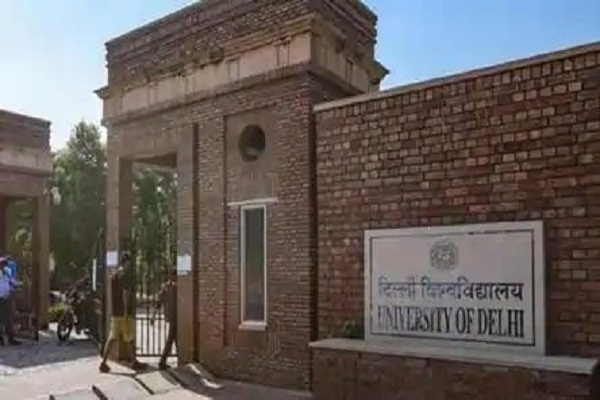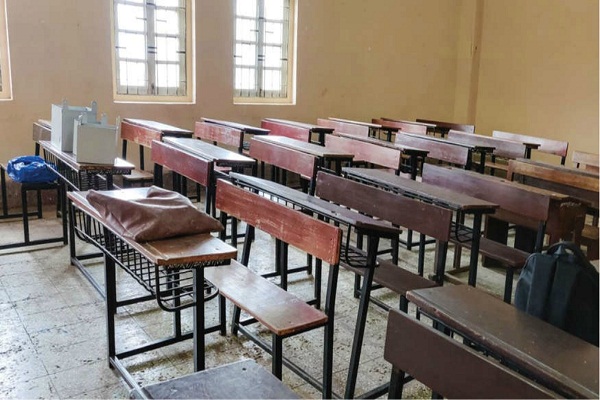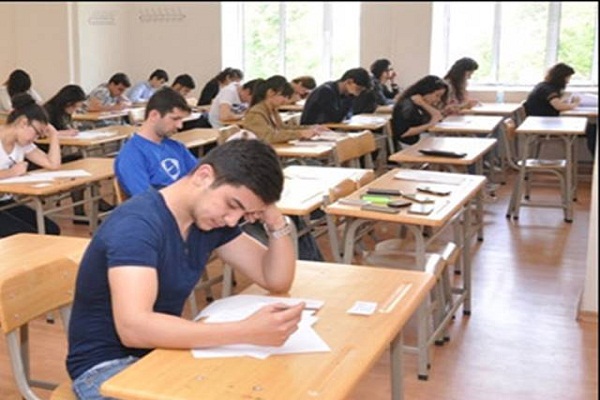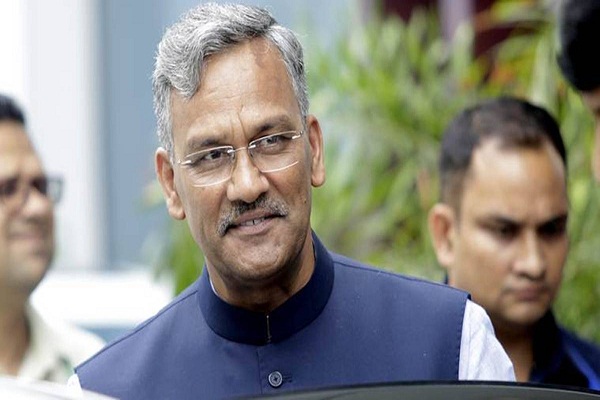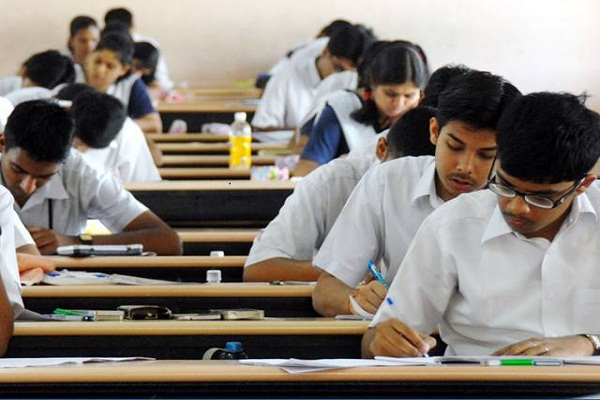The Delhi state government has informed the High court that all the previous orders issued for granting sanctions to increase fees for private schools will be uploaded soon on the official website of the Directorate of Education and updates frequently.
The state government also submitted that it will upload the fee statement and related annexures filed by the recognized unaided private schools along with related inspection reports and orders after they are finalized.
Also read: Two private schools in Ludhiana reopen for Class 12 students
The state government has also stated that file notings, documents and other orders passed by the Directorate of Education related to the final sanction order cannot be provided as it is prohibited under the Right to Information Act. The submissions for the same were made in an affidavit filed by the Directorate of Education in response to a Public Interest Litigation asking for directions to upload any approvals granted to the private unaided schools to increase the fee on the website.
The Public Interest Litigation was filed by an NGO – Justice for All stating that as parents have no idea whether the increase in fee has been approved by the DoE, certain schools have taken advantage of the situation to charge an increased fee from the parents. The PIL filed further states that proposals for an increase in fee by private unaided schools that exist on concessional government land are sent online to the DoE and so once the order is passed the same must be uploaded on the website informing the parents of the same.






